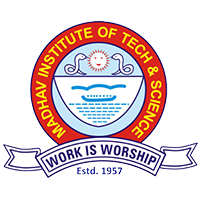Abstract
The increasing energy prices and pollutants from fossil fuels that threaten the climate, there is a growing preference for renewable energy. The implementation of hybrid renewable energy systems (HRES) has been a challenging task due to its interference, uncertainty, and unpredictable nature. Also, it comes with high net present cost and multi-dimensional architecture facets. It is critical to evaluate HRES using a variety of economic and sizing criteria. This paper aims to provide a succinct review of recent progress in the field of optimization of different HRES using various optimization techniques based on classical methods, artificial intelligence (AI), hybrid algorithms, and software-based optimization tools. While comparing classical and AI-based techniques, the AI-based techniques are found promising and provide a global solution in less time. However, there are deficiencies in AI-based techniques. To overcome those, a combination of two or more algorithms, known as hybrid optimization algorithm can be adopted to solve problems more quickly, reliably, and effectively. Apart from different algorithms, there are several popular optimization software tools. Among them, the HOMER software tool is one of the most popular as it is simple to use. As the research activities in the optimization of HRES are increasing, the concentration on sources such as hydro, geothermal, biomass, and biofuel has to be given due consideration. This analysis will inform readers about the current and evolving state of optimization approaches for HRES applications and enable them to choose the most appropriate strategy as per requirement.









